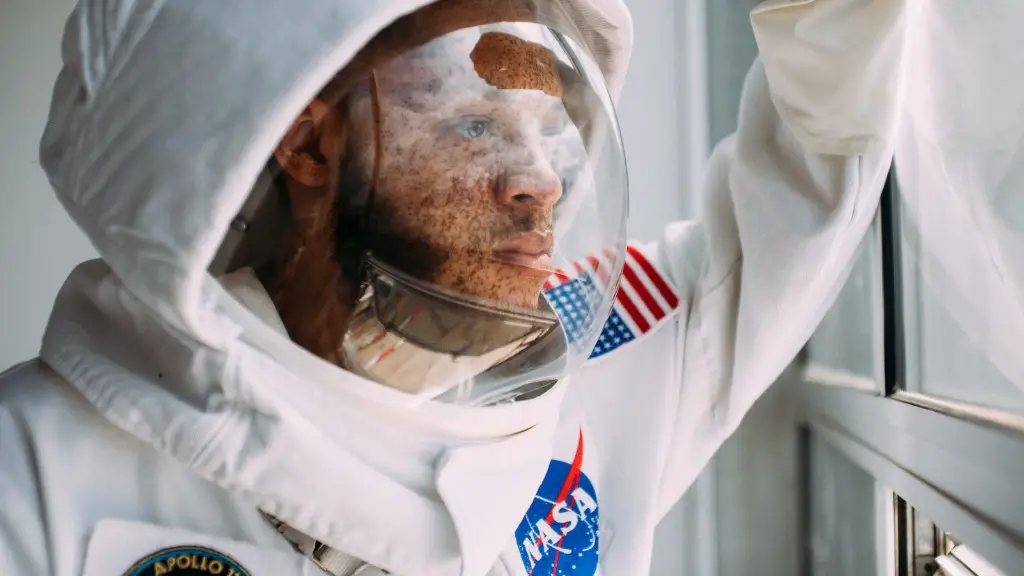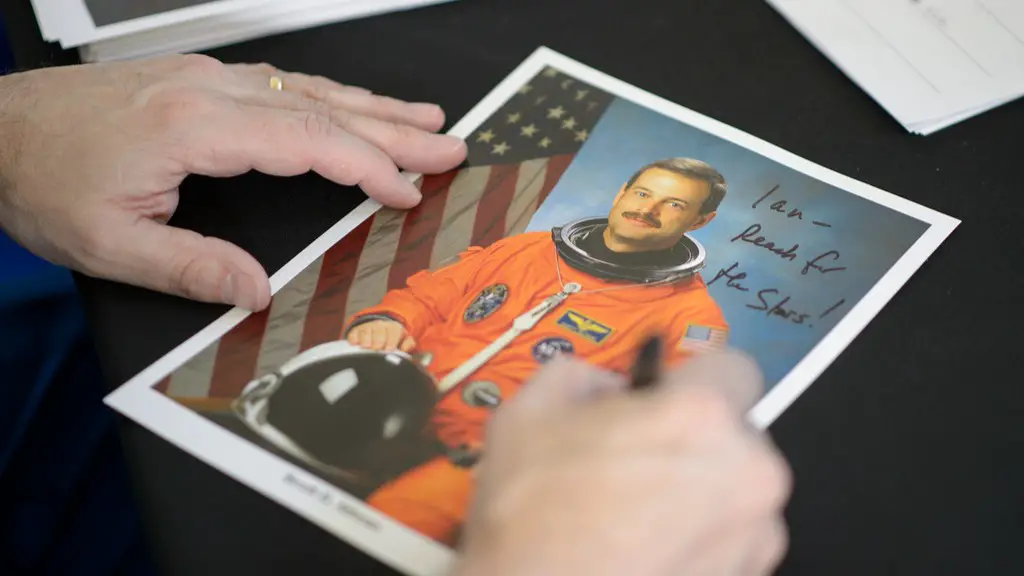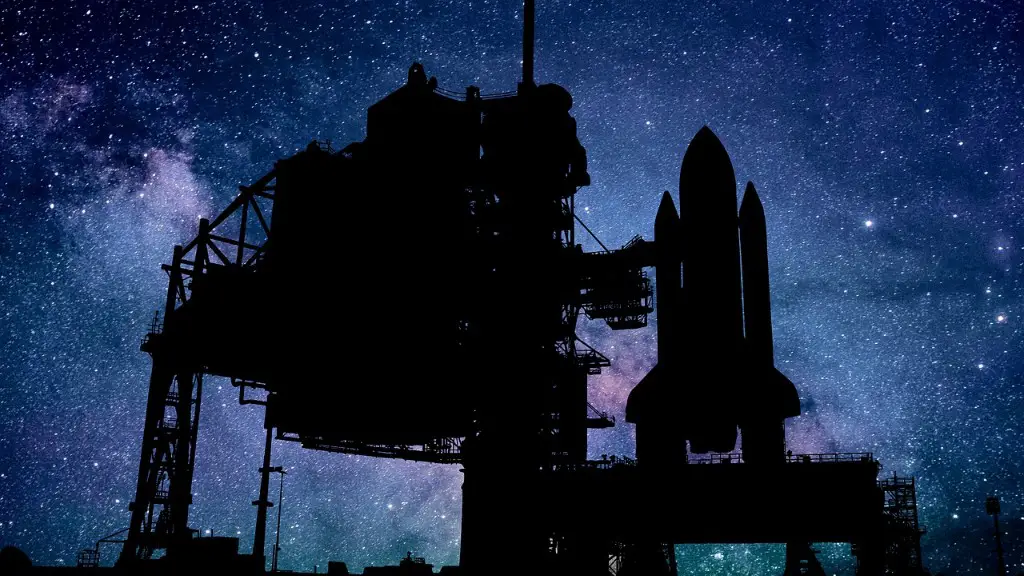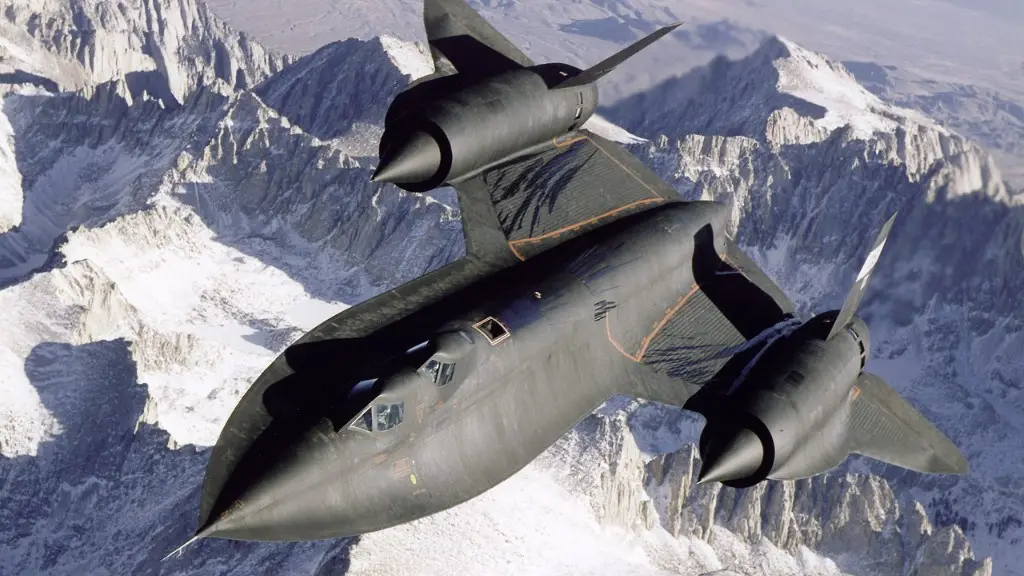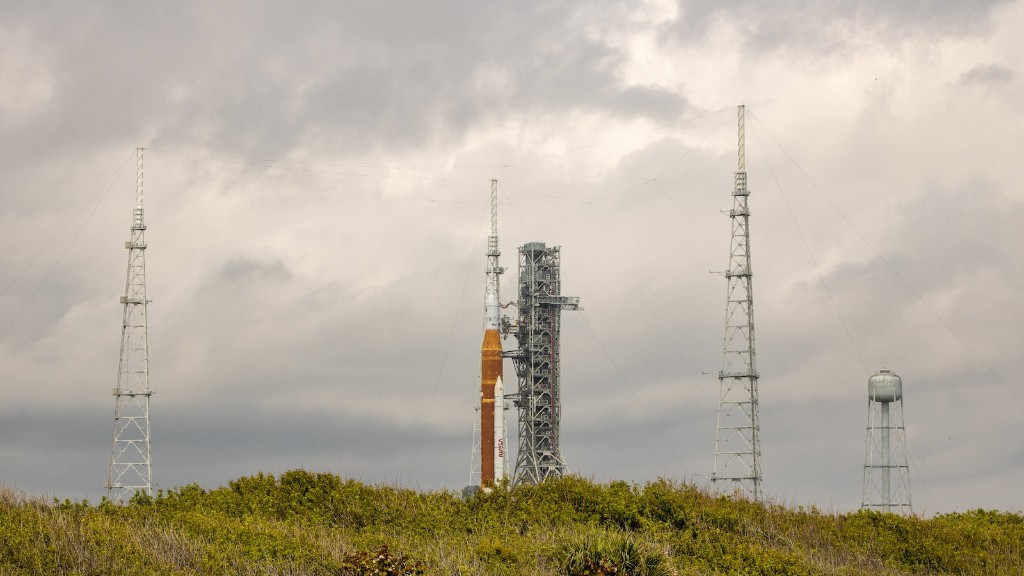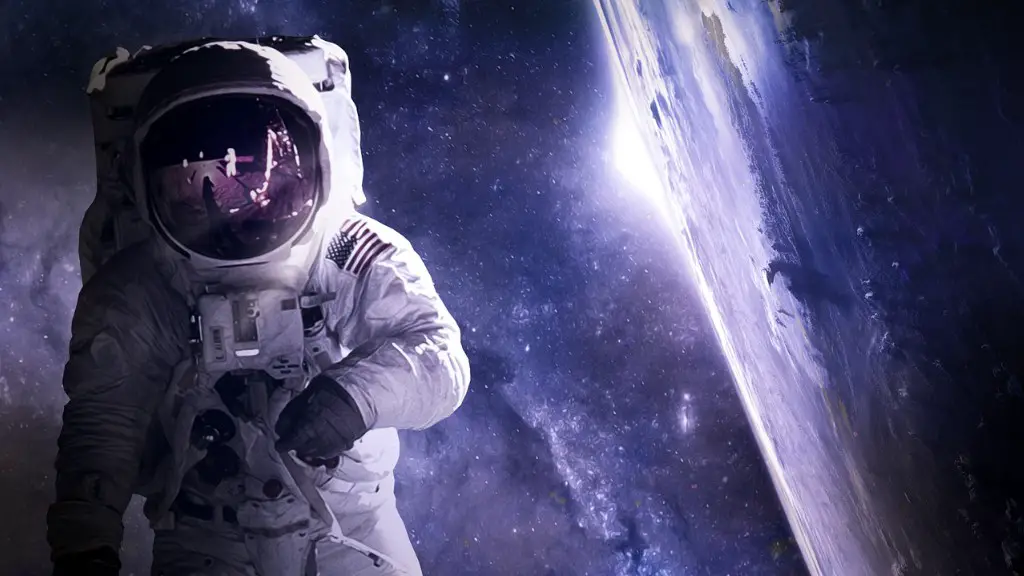NASA has undoubtedly changed the world – both in the present and for the future. In fact, it’s hard to overstate NASA’s impact on almost every aspect of our lives. From communications and weather forecasting to search and rescue, NASA’s technology and research have literally saved lives and made the world a better place. And that’s just the tip of the iceberg!
Since its inception, NASA has changed the world in many ways. One of the most significant ways NASA has changed the world is through its impact on science and technology. NASA has been at the forefront of scientific and technological advances for over 50 years, and its impact can be seen in many different areas. One area where NASA has had a major impact is in the area of space exploration. NASA has helped to pioneer many of the technologies that have been used in space exploration, and it has also been responsible for many of the major discoveries made about the universe. NASA has also had a major impact on the world of aviation. The agency has been responsible for developing many of the technologies that have made modern aviation possible, and it has also played a major role in the development of the U.S. space program.
How has NASA changed our lives?
NASA’s contributions to the world of satellite telecommunications, GPS, remote sensing, and space access have been nothing short of revolutionary. NASA’s efforts have enabled the first weather imagery to be transmitted from space, the deployment of the first geosynchronous satellite, and human access beyond low Earth orbit. These achievements have had a profound impact on the way we live and work, and have opened up new possibilities for exploration and discovery. We are indebted to NASA for their vision and leadership in pushing the boundaries of what is possible.
NASA has been responsible for some of the most significant achievements in space exploration. They have developed and operated a number of successful spaceflight programs, including the Mercury, Gemini, and Apollo programs. These programs have helped NASA to gain a great deal of experience and knowledge about spaceflight, and have resulted in some of the most impressive feats of human space exploration, including the first human landing on the moon. Currently, NASA is responsible for the operation of the International Space Station, and continues to conduct important research and development work in space exploration.
How does NASA impact society today
NASA’s impact on the economy is significant. Their work supports thousands of jobs nationwide and generates billions of dollars in taxes. This is an investment in American workers and competitiveness.
The data that NASA collects helps us to understand how our climate is changing from both natural causes and human activities. This data can be used to document the impacts of climate change on ice sheets, sea level, and Arctic sea ice, as well as to monitor the health of vegetation and the movement of freshwater. By understanding these impacts, we can take action to mitigate the effects of climate change and protect our planet.
How has NASA helped us learn about our universe?
NASA scientists have been exploring the evolution of the universe from the Big Bang to the present. The early probes of the 1950s and 1960s laid the foundation for our understanding of the universe, and the great telescopes of the 1990s and 21st century have allowed us to explore it in greater detail. By studying the evolution of the universe, we can better understand the nature of the universe and our place in it.
Cell phone cameras are one of the many technologies that we can thank NASA’s Jet Propulsion Laboratory for. The image sensors that cell phones use are based on a design that was first developed by NASA researchers in order to make smaller and lighter cameras that could take clearer photographs. Thanks to their work, we now have the ability to take selfies with our phones!
Why is NASA important to our everyday life?
The NASA Earth Science program is essential to our understanding of the planet we call home. By providing information about the Earth’s atmosphere, land, and oceans, the program helps us to better understand our changing climate, plan for disasters, and manage our natural resources. The program also supports our national security interests by providing information about potential threats, such as extreme weather events and changes in the global environment. Finally, the program boosts the American economy by supporting the development of new technologies and applications that have spin-off benefits for industry and consumers.
NASA’s Spinoff program was created in 1976 to promote the transfer of NASA technology to the private sector. Since then, NASA has helped to create over 1,900 companies and has contributed to the creation of over 5 million jobs.
Some of the most well-known products that NASA has helped to create are memory foam (originally named temper foam), freeze-dried food, firefighting equipment, emergency “space blankets”, DustBusters, cochlear implants, LZR Racer swimsuits, and CMOS image sensors.
NASA’s Spinoff program has helped to create some of the most innovative and life-changing products of our time.
What has NASA accomplished in American history
NASA has played a vital role in exploring the solar system and universe. Its sponsorship of space expeditions, both human and mechanical, has yielded important information about our place in the cosmos. In addition, NASA’s earth-orbiting satellites have been instrumental in everything from weather forecasting to navigation to global communications.
According to a report released by NASA, the agency generates an estimated $77 billion in federal, state, and local tax revenues throughout the US annually. The top ten most impacted sectors account for approximately half of total NASA employment impacts.
This is a significant contribution to the US economy, and highlights the importance of investing in space exploration and research. NASA’s work benefits not just those directly employed by the agency, but also those in industries that support its work. This ripple effect is a key reason why continued funding for NASA is so important.
How has space technology improved our lives?
Satellites are an important part of understanding and predicting weather patterns. They provide accurate data that can be used to track changes in the atmosphere and warn of impending storms. They also help to monitor climate change and its effects, such as rising sea levels, changing moisture levels, and wildfires.
A lot of the research that is conducted in space is focused on how humans can survive in space and what kind of impact being in space has on the human body. However, this research is also providing new insights into how we can improve life on Earth. For example, research on plant biology is helping us to understand how plants can better adapt to changing environments, which is important for agriculture. Additionally, research on materials science is helping us to develop new and improved materials for use on Earth. Finally, research on fundamental physics is providing new insights into the nature of the universe. In short, space research is not just about discovering new things about space – it is also about discovering new things that can benefit humanity as a whole.
What are 5 benefits of space exploration
The benefits of space exploration are numerous and varied. One of the most important is that it can help us to improve health care. By understanding more about how the human body functions in space, we can develop better treatments for a variety of conditions.
Space exploration can also help us to protect our planet and our environment. By gaining a greater understanding of the universe and our place in it, we can learn how to better care for our home.
In addition, space exploration creates scientific and technical jobs. These jobs not only provide good salaries and benefits, but they also help to keep our economy strong.
Finally, space exploration can improve our day-to-day lives in a number of ways. For example, by developing new technologies, we can make our lives safer and more comfortable. We can also find new ways to use less energy and conserve our natural resources.
Ultimately, the benefits of space exploration are numerous and far-reaching. It is an essential part of our quest to understand our place in the universe and how we can best care for our planet and our people.
NASA has had many great achievements over the years, but some of their most notable include the first American astronaut to orbit the Earth, the first person on the Moon, the first satellite, and the first reusable spacecraft. Their most recent accomplishment is the Juno mission to Jupiter, which is still ongoing.
How is NASA so successful?
NASA is successful at what it does because they understand the importance of taking care of their own. The research organization is so efficient that it has extremely low turnover rate of 4 percent and is reputed as the best Federal Agency employer. By caring for their employees, NASA is able to retain some of the best and brightest minds in the country which, in turn, allows them to maintain their status as a premier research organization.
The money spent on space exploration has had a positive ripple effect on the economy, creating jobs for thousands of people in various industries. This has in turn stimulated local economies, especially in areas where NASA has had major facilities. This is a positive trend that should continue in order to maintain a strong economy.
Final Words
NASA has changed the world in many ways. One way is by providing information and technology that has led to advances in medicine, agriculture, and transportation. NASA has also helped to increase our understanding of the universe and our place in it.
Nasa has changed the world by giving us a new perspective of our planet and its place in the universe. It has also inspired people of all ages to pursue careers in science and technology.
